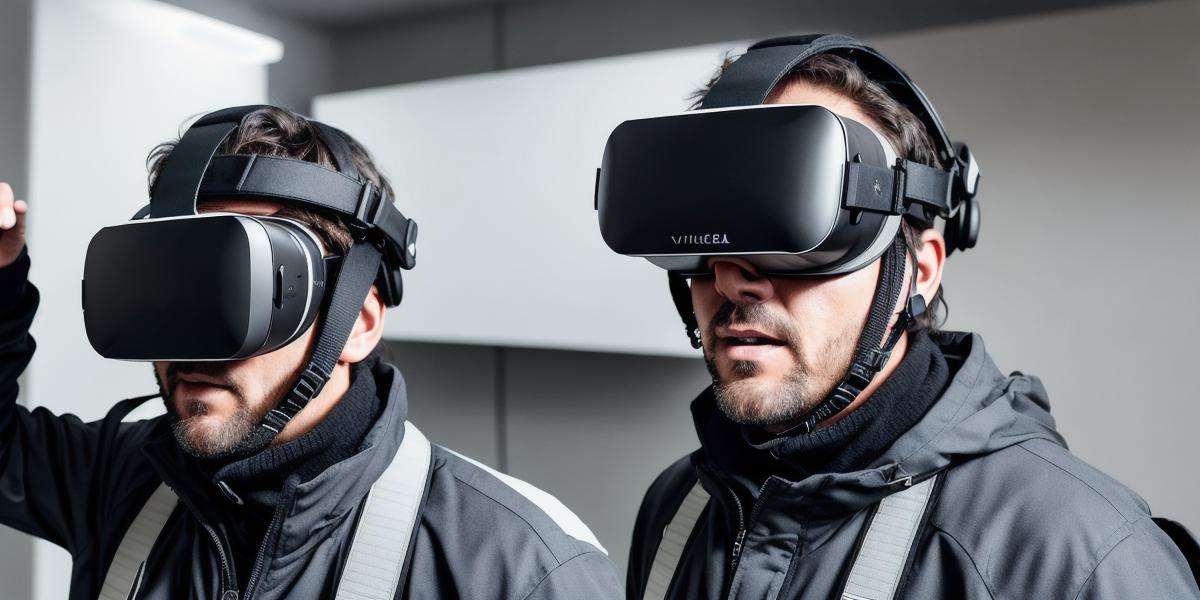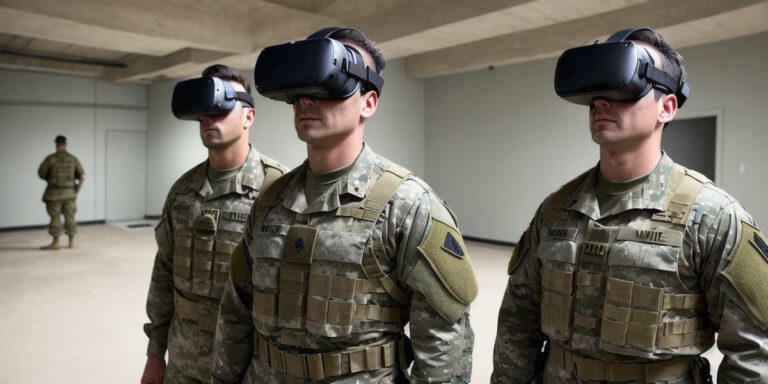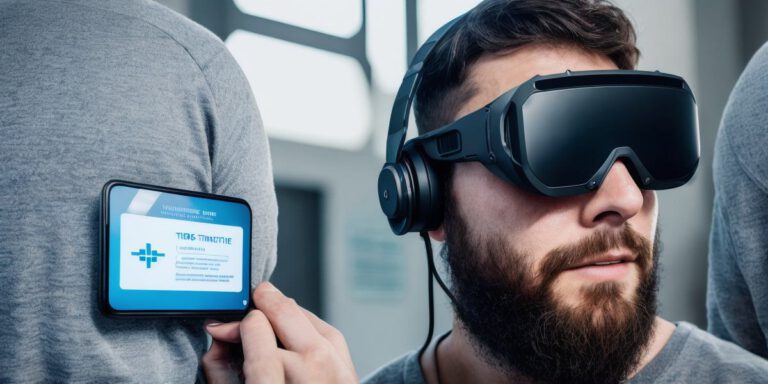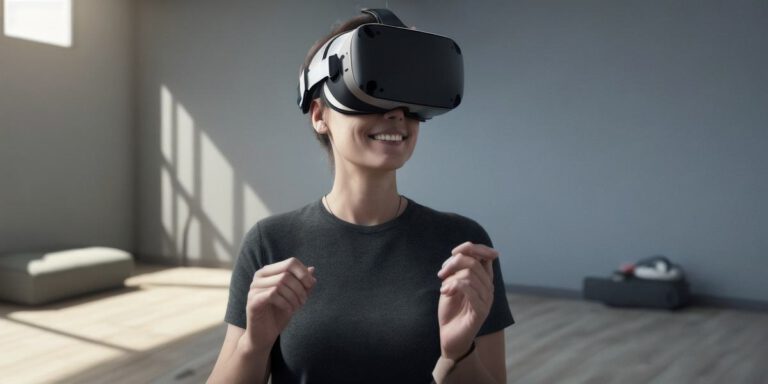Virtual Reality for Trauma Resilience Training: Building Coping Skills and Emotional Regulation in VR Environments.

Title: Virtual Reality for Trauma Resilience Training: Building Coping Skills and Emotional Regulation in VR Environments
Virtual reality (VR) technology has revolutionized the way we train, learn, and experience the world around us. In recent years, VR has emerged as a promising tool for trauma resilience training, helping individuals build coping skills and emotional regulation in immersive virtual environments.
One of the key benefits of VR-based trauma resilience training is its ability to simulate real-world scenarios that trigger stress and anxiety responses. By exposing individuals to controlled virtual environments that mirror traumatic experiences, VR can help them develop coping strategies and emotional regulation techniques in a safe and controlled manner.
For example, researchers have found that VR exposure therapy has been effective in reducing symptoms of post-traumatic stress disorder (PTSD) in veterans and other trauma survivors. In one study, participants who underwent VR exposure therapy had significant reductions in PTSD symptoms compared to those who received traditional cognitive behavioral therapy (CBT).
Another key benefit of VR-based trauma resilience training is its ability to provide immediate feedback and support. By providing real-time feedback on an individual’s performance, VR can help them identify areas for improvement and adjust their coping strategies accordingly. Additionally, VR-based training programs often include support from trained therapists or other mental health professionals who can provide guidance and emotional support throughout the process.
Despite its promising potential, there are still many questions about the effectiveness and safety of VR-based trauma resilience training. Some experts have raised concerns about the potential for retraumatization in individuals with severe PTSD or other mental health conditions. Additionally, there is a lack of research on the long-term effects of VR-based training, particularly in terms of its impact on overall well-being and quality of life.
Despite these challenges, the growing body of evidence suggests that VR-based trauma resilience training has the potential to be a powerful tool for building coping skills and emotional regulation in individuals who have experienced trauma. As technology continues to advance, it is likely that we will see even more innovative and effective applications of VR in this field.
FAQs:
- What is virtual reality (VR) technology?
- How does VR work for trauma resilience training?
- What are the benefits of VR-based trauma resilience training?
- Are there any risks associated with VR-based trauma resilience training?
- What is the future of VR in trauma resilience training?








